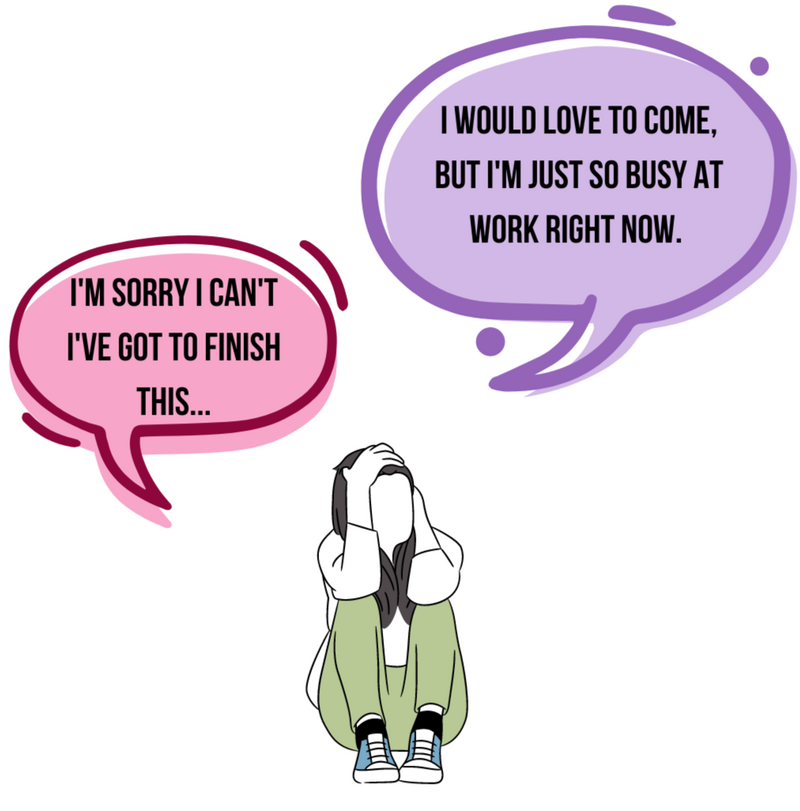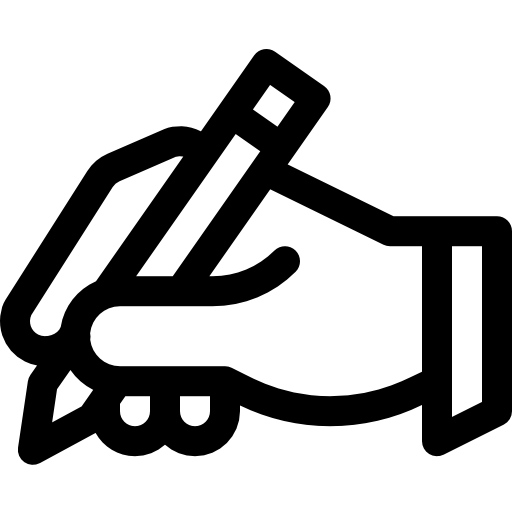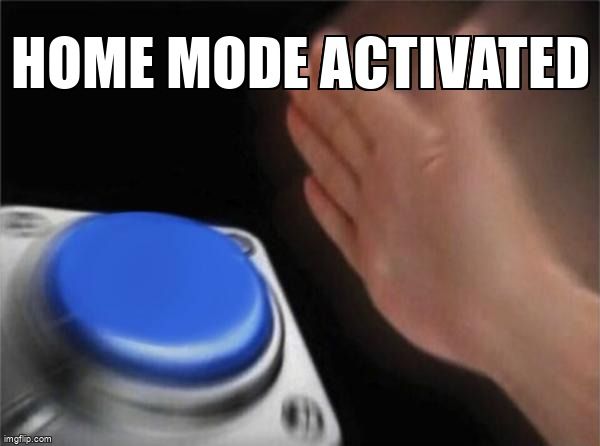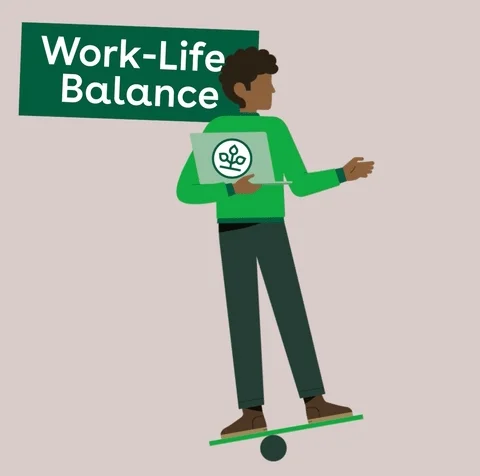
When I first started working, these were my go-to phrases most of the time.
When my job got busy or demanding, I accidentally neglected my personal life in favor of work.
But over time, I began to find balance between my home and work life.
Here's how!
1. Prioritize your responsibilities.
In an ideal world, we wouldn’t have to go to work and could spend all of our time doing exactly as we wanted.

Unfortunately, the reality is that we have many responsibilities in our home life and work life that we need to take care of.
This is where prioritizing your weekly activities can really help to keep a work-life balance, get rid of time-consuming or unnecessary activities, and make space for fun.
Start by:
Writing down all of the jobs or responsibilities that you have to do (for example, the weekly shopping, commuting, studying, etc.).
Write down other activities that you would like to do and rank your activities or goals in terms of their importance to you.
Decide how long you'd need to achieve these goals and how often you'd need or like to do them.

For example, you might enjoy going for dinner with your friends.
This might be something that brings you lots of joy, so it would go high on the priority list. It might be something you’d like to keep in your life every couple of weeks.
2. Plan, plan, plan!
Now you’ve thought about what you might like to include in your week, it’s time to take back a little control of your work-life balance by creating a weekly or monthly plan.

You may want to think about:
Which periods of the month or week will be busiest at work? Use your quieter periods to spend more time on yourself.
Which days do you need to be home early and which days could you stay a bit later if you needed to?
Have you got upcoming deadlines to meet?
Are there periods of time you could gain back by doing something different? For example, could you get your shopping delivered online during a busy work period, rather than taking an hour out of your week to go and visit the shops?
3. Set boundaries with yourself.
Sometimes work is busy and we have to work late, but how late is late?

It’s in situations like a busy work period, where boundary setting is incredibly important.
Some boundaries you might consider setting are:
Deciding on a time that you'll finish and leave during those busier periods and then sticking to it.
Giving yourself a protected lunch time, where you aren’t eating a sandwich in one hand and replying to emails with the other.
Leaving your emails and communication about work, at work! You might want to delete email accounts from your phone to avoid temptation.
If you work from home, you may consider having a separate area for work, so that you can mentally switch off when you turn your computer off.
Remember, different boundaries will be important for different people, so set the boundaries that you feel are right for you.

Quiz
Tom has made some changes at work. Which of these changes are examples of him setting boundaries between home life and work life?
4. Create triggers to signal that work has finished.
Sometimes when you leave work, it's hard to switch from "work mode" to "home mode".
For some people, the commute home is simply enough, but for others, a signal is useful to help prompt you to mentally check out from work. It's also a great way to invest in your mental health for ten minutes and to clear your mind.

For example, you could:
Log off your computer and tidy your desk up while thinking about your evening plans.
Take a walk around the block before returning home.
Listen to some music, a book, or a podcast.
Take Action

How will you regain balance over your work-life balance?
Your feedback matters to us.
This Byte helped me better understand the topic.
